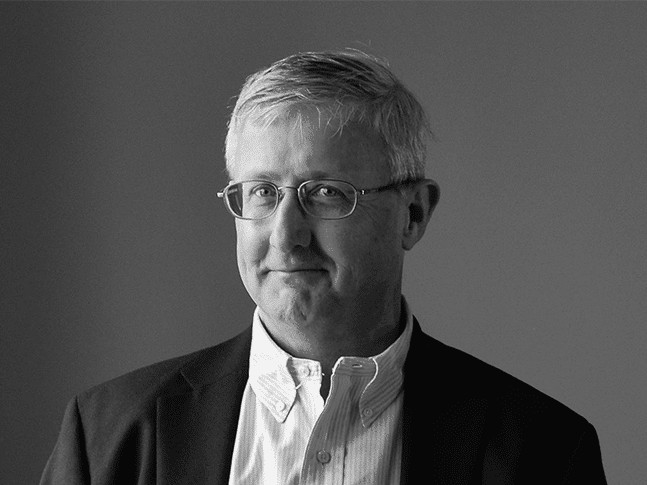With the presidential election looming this November, much has been written about a certain octogenarian and another, soon-to-be octogenarian. For whom should you vote? I have no intention of kicking that wasp nest. Instead, let me caution you about centenarians.
Don’t listen to them.
You’ve heard the cliched interviews. “Edna” is celebrating her 100th birthday and the reporter wants to know her secret. How did she manage to live so long? Often, the answer involves smoking cigarettes, drinking hard liquor, or consuming less-than-nutritious foods. Truthful, but hardly a worthwhile guide to longevity. Due to survivorship bias.
Wikepedia defines survivorship bias as follows:
Survivorship bias or survival bias is the logical error of concentrating on entities that passed a selection process while overlooking those that did not. This can lead to incorrect conclusions because of incomplete data.
Survivorship bias is something my business partner and I confront frequently. We work with startups. Our entrepreneurial clients are well versed in the exploits of Bill Gates, Mark Zuckerberg, and Jeff Bezos. They know how Tesla, Facebook, and Amazon succeeded . . . and they plan to do the same. In essence, our clients are heeding the advice of “centenarians.” Survivors. They know little about the countless thousands of entrepreneurs whose businesses underperformed or failed.
It’s a skewed data set.
There is much to be gained by studying the failures, the non-survivors. Why did they fail? What could they have done differently? And so on. There is less to be learned from billionaires long since removed from their start-up roots.
So, stay away from those cigarettes. Avoid hard liquor. And stop listening to “centenarians.”

Peter has spent the past twenty-plus years as an acting/consulting CFO for a number of small businesses in a wide range of industries. Peter’s prior experience is that of a serial entrepreneur, managing various start-up and turnaround projects. He is a co-founder of Keurig.




